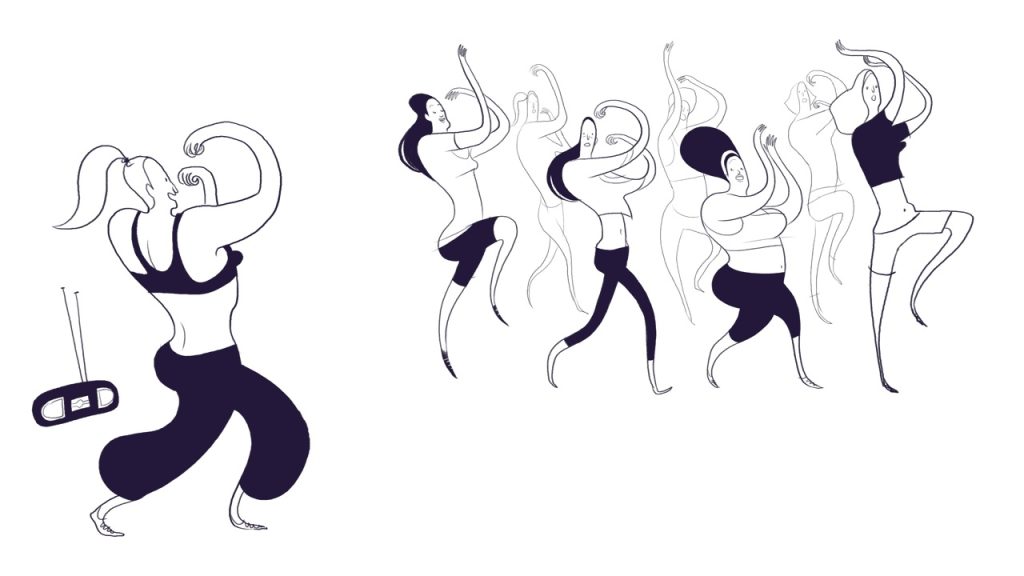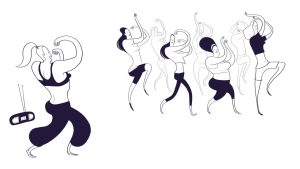What I Did to Get Better (part 2): Small steps and boundaries


The Discussion Blog on our member site is a dynamic place of exchange. Members dialogue with experts and sometimes other members in the field of family intervention for addicted loved ones.
This has been so good to read. I have been dealing with my son, and no matter what has been tried, he just won’t stop his heroin use and other addictions. I have focused so much on him that I forget the other things around me that have been good. My older son and husband are both in recovery, one from drugs and the other alcohol. I guess I forget how much I appreciate that. I also have a daughter with whom I’ve never had a problem and she is wonderful. One just tends to focus on the problem and not the happy things in life.
I cry every day, but never in front of anyone. For at least 15 years, I have been dealing with addiction problems and have seen everything. I have even had helicopters over my house and 5 State Police cars with sniffing dogs looking for my son.
I also get comments from family members saying that I have never done anything to try and help my sons. They don’t know what I have done because they have never been interested enough to ever ask me how I was or even see what I was doing. All I have ever heard from them is how it is all my fault.
I have focused so much on my children and the addiction, that I have forgotten how it is to live and have fun. The most joy I get out of life is going to work. For the last couple of months I have tried doing more things and enjoying myself. I would like to enjoy the rest of my life, but feel like I am in a vicious circle. I am going to try doing small things and start from the beginning again so that I can try and feel better each day.
Laurie MacDougall, Allies in Recovery member and blogger, responds to the following member comment
I know exactly how you feel. There was a time when I solely focused on my son too. I had to step back and take a look at what I was doing. Looking back, I was in a bad state and had to find a way out of it. I was no good to anyone, not me, not my son and no one else in my family. Not only was I neglecting everything in my life, my responses and actions towards my son and other family members were completely irrational. I had to find a way to get back to a better spot and I realized that meant working on myself. Maybe sharing some things I did might help you?
- First thing I did was to get professional help.
- Then I decided I would attend meetings, Al-anon was my first choice. 30 meetings in 30 days, I decided I would do what they expected my son to do in order to get better. I know others might not be able to make so many meetings but this was my personal commitment. In the meetings I found a group of people that knew exactly how I was feeling and did not judge me.
- From there I started doing things for myself, getting my nails done, exercising, anything that I liked to do.
Learning to appreciate
Just these three steps helped lead me to other ways to improve my situation. I learned to appreciate everything in my life no matter how small. My eyes were open to things I had never noticed before. I have two beautiful daughters and an incredible husband. Also, I realized that I am one of the lucky ones; I still have my son and I am going to love him every day that I have him. This led to even more improvement.
- I started attending Learn to Cope and helping other families.
- And found the Allies In Recovery website.
These were two steps I found to be incredibly healing. At Learn to Cope meetings I facilitated and worked helping others deal with their situation. The Allies In Recovery website got me on the right path to better communication. I hesitate to say with my son because I use these communication techniques now with everyone I come in contact with. I learned to stop fighting, begging, and pleading. None of these things worked. It wasn’t until I found a quiet place within myself that I saw being quiet and listening worked a lot better.
A different approach to communicating
Now I have strategies and a plan in place when I am communicating with my son. I listen and repeat what he says to me so that he knows I heard him. When he is trying to work through a problem and telling me about it I limit my input to “yes”, “no”, and “I don’t know”. If that doesn’t work and it’s getting heated then I just agree! I say things like, “Yes I agree with you, I’m sick and I’m crazy and I belong in a hospital. Right now that sounds pretty good to me!” I also use phrases like ”I don’t understand, help me to understand…”, and “Please tell me about it…”.
Also, I request things of him instead of demand. I try to be genuine when I am communicating and not sarcastic. Mainly because it’s the truth, I really don’t understand and I want to help. When I do this he seems to calm down a bit and knows I’m listening. I think he feels heard, which is something new for him. Looking back, I think I learned that I should treat him with respect and compassion, all things I learned in Al-anon. But it was Allies In Recovery that showed me how to implement this in my life (view an excerpt from Module 4 on communication techniques).
Establishing boundaries
Another gain for me in all of this is that I am better able to determine what is mine to solve and what is his. Boundaries have become really important to me. I use them to keep myself safe. I will not lie for him or make up excuses. My boundaries are in place to uphold my integrity and morals and values. I will not bend on my boundaries or my values but I will always stay respectful. He can be as loud and try to manipulate me as much as he wants but I will quietly not lose myself. If I did the disease would win.
And respecting his boundaries
I noticed that many times I expected him to be in charge of my happiness. If he was sober I would be happy, so I thought. Then I realized that my happiness is not his responsibility and I was overstepping boundaries expecting him to do something so I could feel better. Just as I wanted him to take control of his disease I needed to take control of my own baggage.
My expectations of him were contributing to the shame and embarrassment that comes along with this disease. This was the last thing I wanted. I learned to ask myself “Am I saying this to him because I want something from him, do I have an underlying motive for saying this?” … Then I try to determine whether it was a legitimate motive or just me trying to impose my own ideas onto him. I want him to respect my boundaries so, I may not like his ideas or choices but they are his not mine, and I need to respect him.
Dealing with others’ remarks
As far as others’ opinions on what I have or have not done, I really have learned to not engage in those conversations. I do say right out that no one has any idea of what research or action I’ve taken and if they would like to know my philosophies I will share with them. If they are interested I will bring them to the Allies In Recovery website and let them know that this is what guides my plan of action, not someone who’s not really involved. I have done this with people in my life (my daughters) and find that it is pretty effective. I let them know that what I choose to do is going to be founded on my experience and education alone but I would be happy to educate them on the topic if they would like.
It takes baby steps
Please understand that my healing did not come easily and did not come overnight. It has been an extremely difficult journey and I am still not great at it. It took really small baby steps and there are still many times when I just lose it and cry. What is different now is I have a bunch of tools in my toolbox to utilize. Just like playing an instrument or a sport, I have to exercise my brain and practice. There have been many times in this journey that I have had to go back to square one and be reminded of how to find my serenity again (see Module 7 on Self-care). The more I practice though, the faster it comes back. I think you are on the right track to getting better and finding even just a small piece of healing. You deserve it. Remember, you are not alone.
Since 2003, Allies in Recovery has addressed substance abuse in families by providing a method for the family to change the conversation about addiction. We use Community Reinforcement & Family Training (CRAFT), a proven approach that helps the family unblock and advance the relationship towards sobriety and recovery and to engage a loved one into treatment. Learn about member benefits by following this link.
